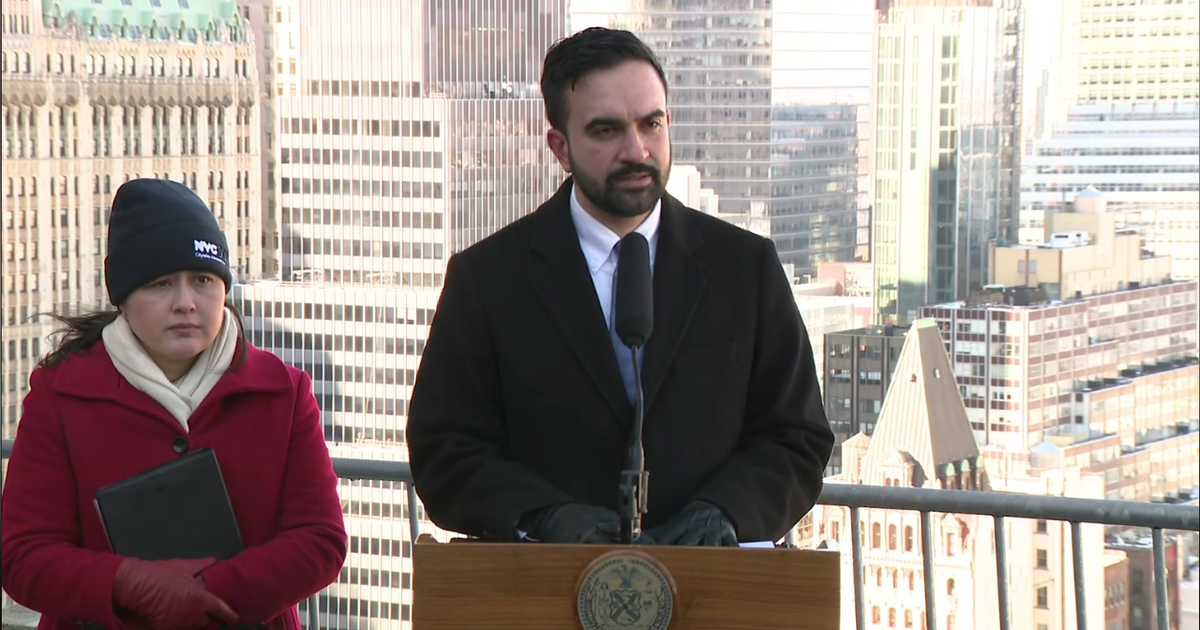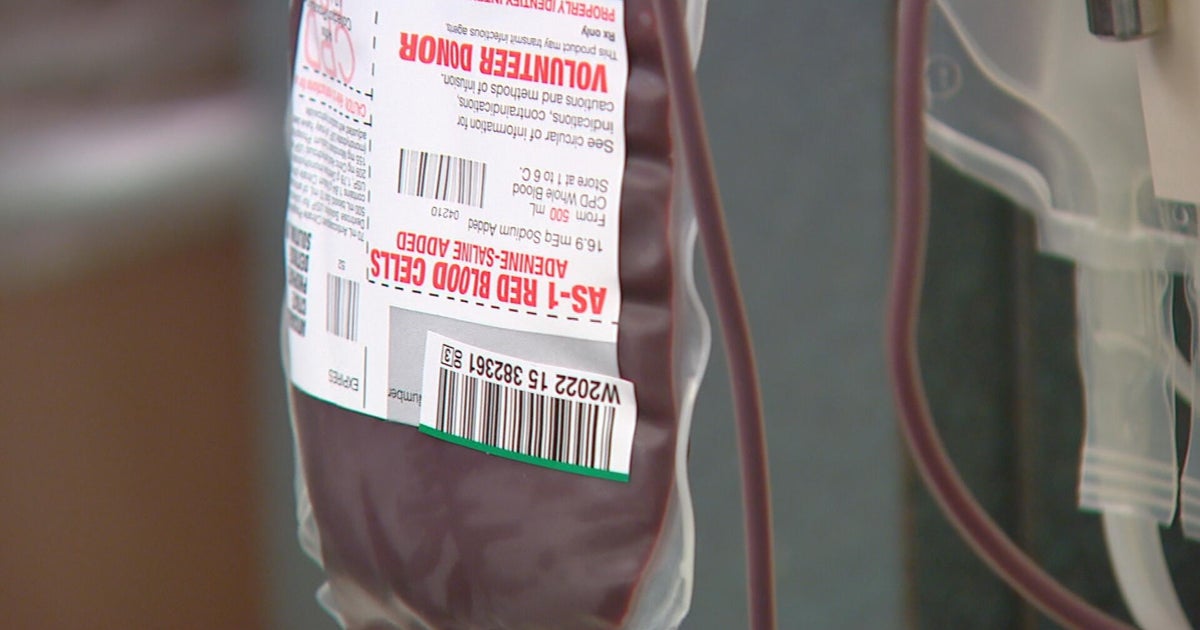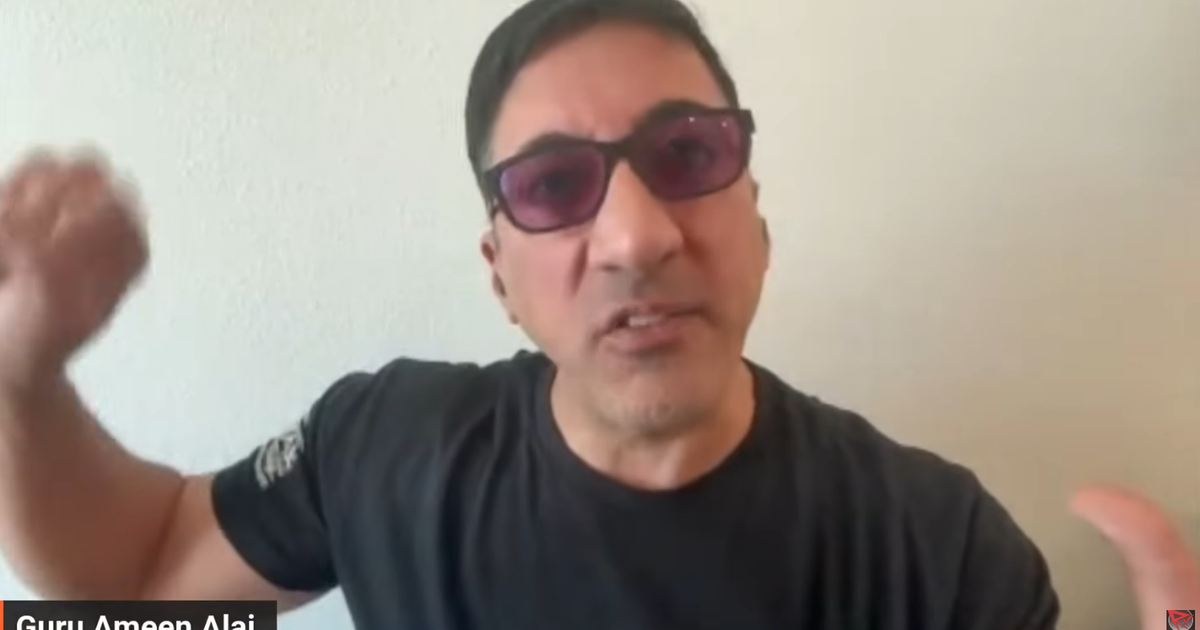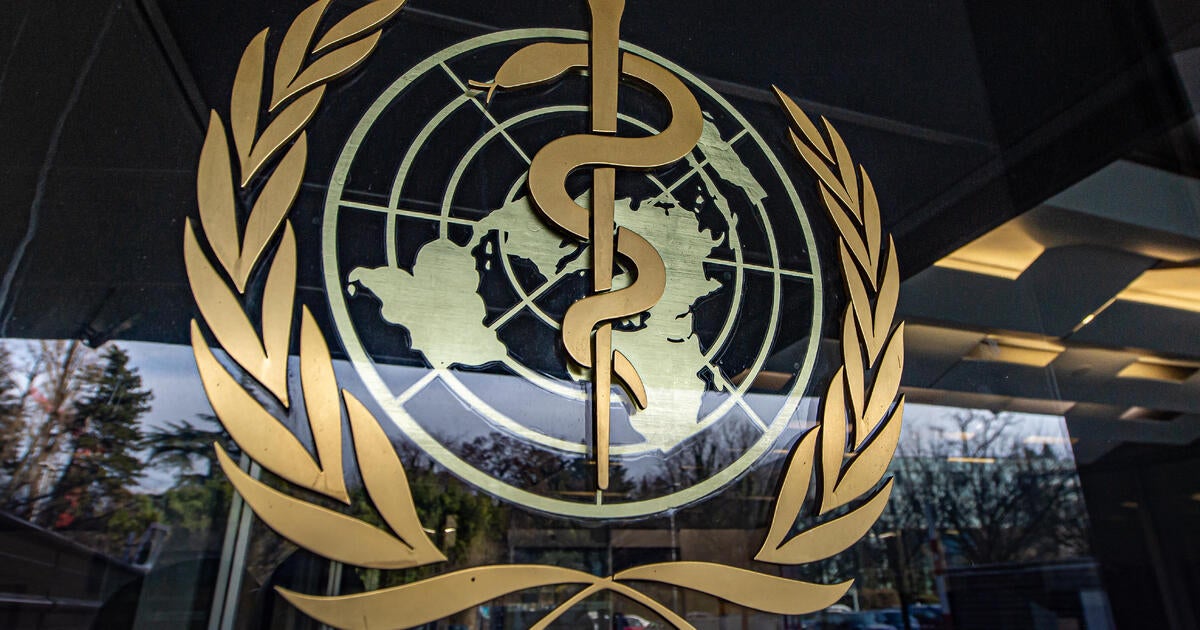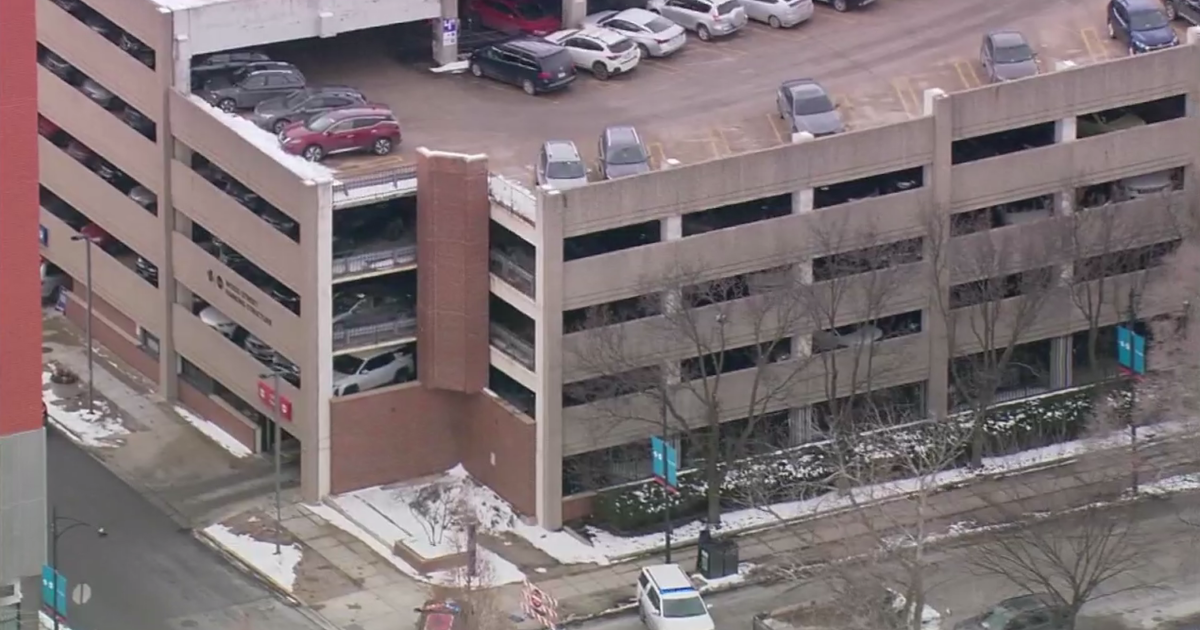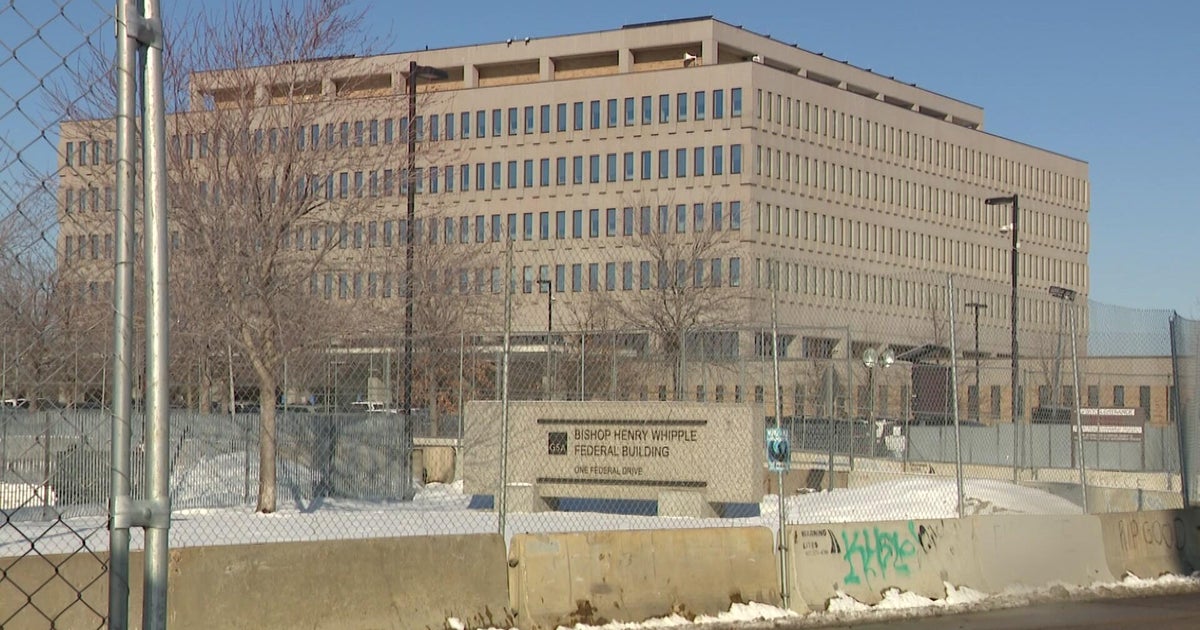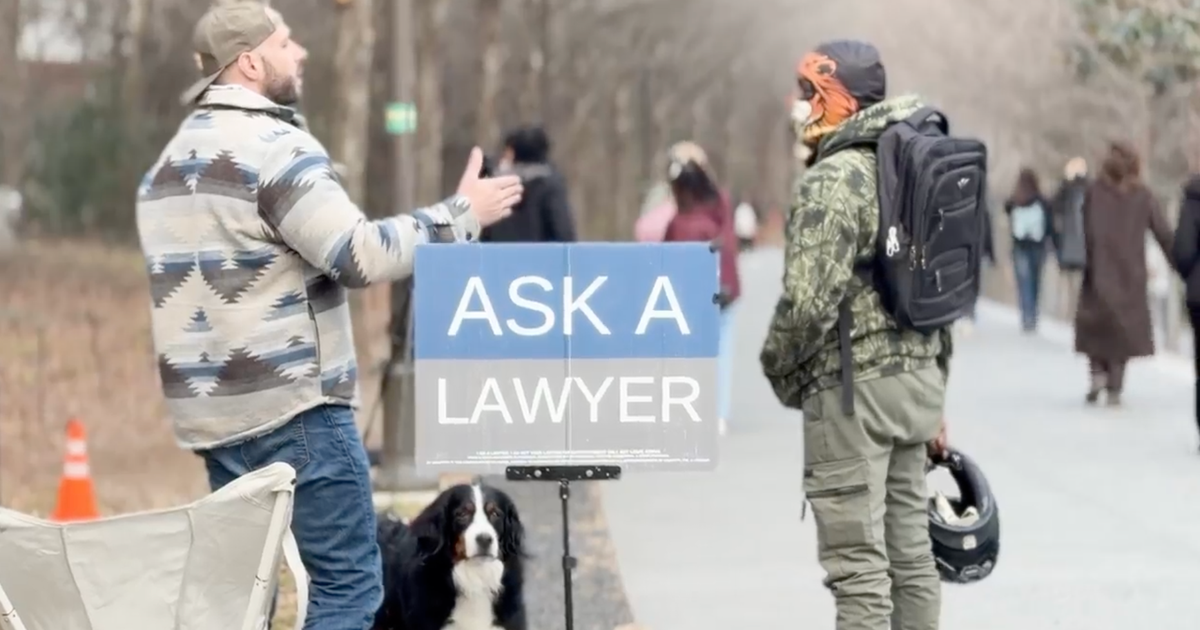Newsom signs law making it easier to compel people with mental illness or addiction to get help
More Californians with untreated mental illness and addiction issues could be detained against their will and forced into treatment under a new law signed by Gov. Gavin Newsom, a move to help overhaul the state's mental health system and address its growing homelessness crisis.
The new law, which reforms the state's conservatorship system, expands the definition of "gravely disabled" to include people who are unable to provide themselves basic needs such as food and shelter due to an untreated mental illness or unhealthy drugs and alcohol use. Local governments say current state laws leave their hands tied if a person refuses to receive help.
The law is designed to make it easier for authorities to provide care to people with untreated mental illness or addictions to alcohol and drugs, many of whom are homeless.
The bill was aimed in part at dealing with the state's homelessness crisis. California is home to more than 171,000 homeless people — about 30% of the nation's homeless population. The state has spent more than $20 billion in the last few years to help them, with mixed results.
Newsom is pushing his own plan to reform the state's mental health system. Newsom's proposal, which would overhaul how counties pay for mental and behavioral health programs and borrow $6.3 billion to pay for 10,000 new mental health treatment beds, are expected to go before voters next March.
"California is undertaking a major overhaul of our mental health system," Newsom said in a signing announcement Tuesday. "We are working to ensure no one falls through the cracks, and that people get the help they need and the respect they deserve."
The legislation, authored by Democratic Sen. Susan Eggman, is the latest attempt to update California's 56-year-old law governing mental health conservatorships — an arrangement where the court appoints someone to make legal decisions for another person, including whether to accept medical treatment and take medications.
The bill was supported by the National Alliance on Mental Illness California and mayors of the biggest California cities, who said the existing conservatorship law has made it challenging to provide mental health treatment to those most in need.
Opponents of the bill, including disability rights advocates, worried the new law will result in more people being locked up and deprived them of their fundamental rights. Coercing a person into treatment could also be counterproductive, they said.
Eggman said detaining a person with mental illness against their will should only be used as a last resort. The legislation aims to provide an alternative to sending people with mental illness and addiction problems to the prison system.
"Our state prisons are full of people who, after they've been restored to competency, are in our state prisons because of serious mental health issues and drug addiction issues," Eggman said in an interview. "I think that is the most inhumane way to treat the most vulnerable of us."
The law takes effect in 2024, but counties can postpone implementation until 2026. The changes will serve as another tool to help the state reform its mental health system. Last year, Newsom signed a law that created a new court process where family members and others could ask a judge to come up with a treatment plan for certain people with specific diagnoses, including schizophrenia. That law would let the judge force people into treatment for up to a year. The court program, started this month in seven counties, also aimed at addressing the state's homelessness crisis.
